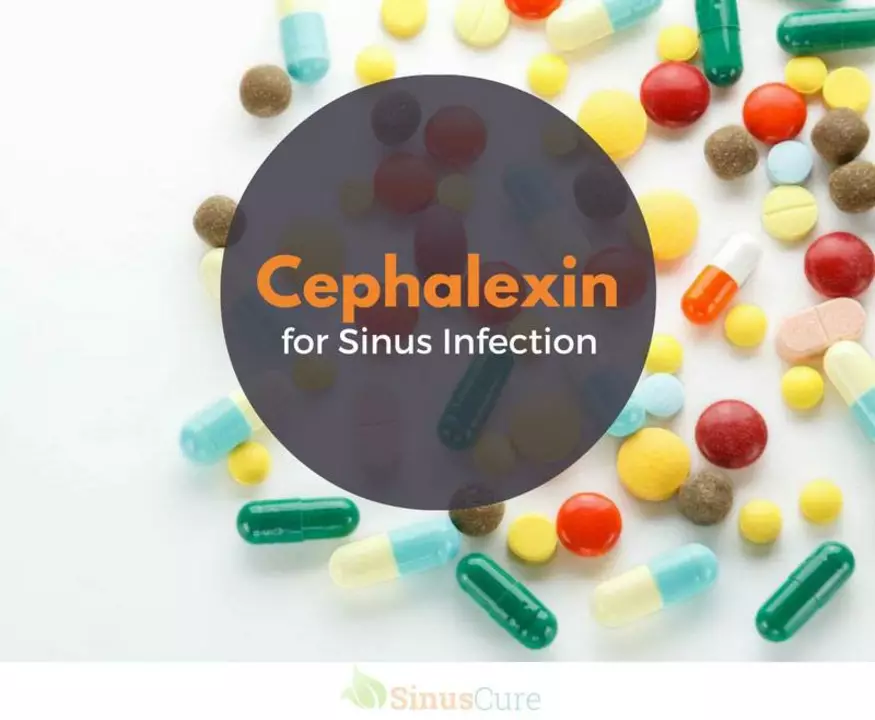Cephalexin is a common oral antibiotic doctors prescribe for skin infections, ear infections, urinary tract infections, and some throat infections. It’s a first‑generation cephalosporin — that means it kills certain bacteria by stopping their cell walls from forming. Simple as that, but how you use it matters.
Follow your prescriber’s directions. Typical adult doses are 250–500 mg every 6–12 hours depending on the infection, and treatment usually lasts 5–14 days. For kids, doctors dose by weight — don’t guess. Take pills with or without food. Finish the full course even if you feel better early; stopping too soon can let bacteria come back stronger.
If you have reduced kidney function your doctor may lower the dose or stretch the time between doses. Tell your doctor about other drugs you take — for example, probenecid can raise cephalexin levels. Also mention any penicillin allergy; cross‑reactivity is uncommon but possible, so your doctor will want to check.
Most people handle cephalexin fine. Common side effects are stomach upset, diarrhea, and mild rash. If you get severe diarrhea, bloody stools, high fever, or persistent belly pain, call your doctor — those can be signs of C. difficile, a serious gut infection tied to antibiotics.
Watch for allergic reactions: hives, swelling of face or throat, trouble breathing. If any of those appear, seek emergency care. Also let your doctor know if you develop a new yeast infection or unusually yellow skin/eyes or dark urine; both need prompt attention.
Two quick safety points: don’t use cephalexin for viral illnesses like colds or the flu, and avoid sharing antibiotics. Using them when not needed fuels resistance and makes future infections harder to treat.
If you’re on blood thinners like warfarin, your provider may monitor your INR more closely. Cephalexin doesn’t usually affect birth control, but if you’re concerned, use a backup method while taking antibiotics and for a short time after.
Thinking of buying cephalexin online? You should have a valid prescription. Choose a licensed pharmacy with clear contact info and real reviews. Avoid sites that sell prescription drugs without asking for a prescription or offer suspiciously low prices. Check packaging and expiry dates when the medicine arrives.
Got questions while taking it? Call your prescribing clinician or a pharmacist. They can confirm dose, check interactions with other meds, and tell you what to watch for. Use antibiotics wisely — they work well when used correctly.

As a blogger, I recently came across an interesting topic regarding the use of Cephalexin for preoperative prophylaxis. It's amazing to learn that this antibiotic can significantly reduce the risk of infection during surgery. By taking Cephalexin before a procedure, patients can prevent potential complications and ensure a smoother recovery. This is definitely an important measure to consider for those undergoing surgery. I'm glad to have discovered this valuable information and will continue to share such useful findings with my readers.
In my recent deep dive into the world of vitamins and their impact on mental health, I've discovered the significant role of Pyridoxine, also known as Vitamin B6. Research has shown that this vitamin can help manage stress and anxiety levels effectively. It plays a crucial role in the production of neurotransmitters, which are essential in regulating mood and stress responses. Low levels of Pyridoxine have been linked with increased anxiety and stress. So, keeping an eye on your B6 intake could be a natural way to maintain your mental wellbeing.
Get the lowdown on Zyprexa, a medication widely used for serious mental health conditions like schizophrenia and bipolar disorder. This deep dive covers how it works, what to expect, tips for handling side effects, and real-life facts you won't find on drug labels. Whether you're navigating a new diagnosis or supporting someone who takes Zyprexa, you'll find practical advice and clear info right here.
A detailed side‑effect, cost and efficacy comparison of Prograf (tacrolimus) with generic tacrolimus, cyclosporine, sirolimus and mycophenolate for transplant patients.
A clear guide that breaks down FDA risk‑benefit statements, shows where they appear, how to read numbers, and tips for patients to make informed decisions.
Thyroid cancer is highly treatable, with most patients living normal lives. Learn about the main types-papillary, follicular, medullary, and anaplastic-and how radioactive iodine therapy and thyroidectomy are used to treat them. Understand when treatment is necessary and what to expect after surgery.